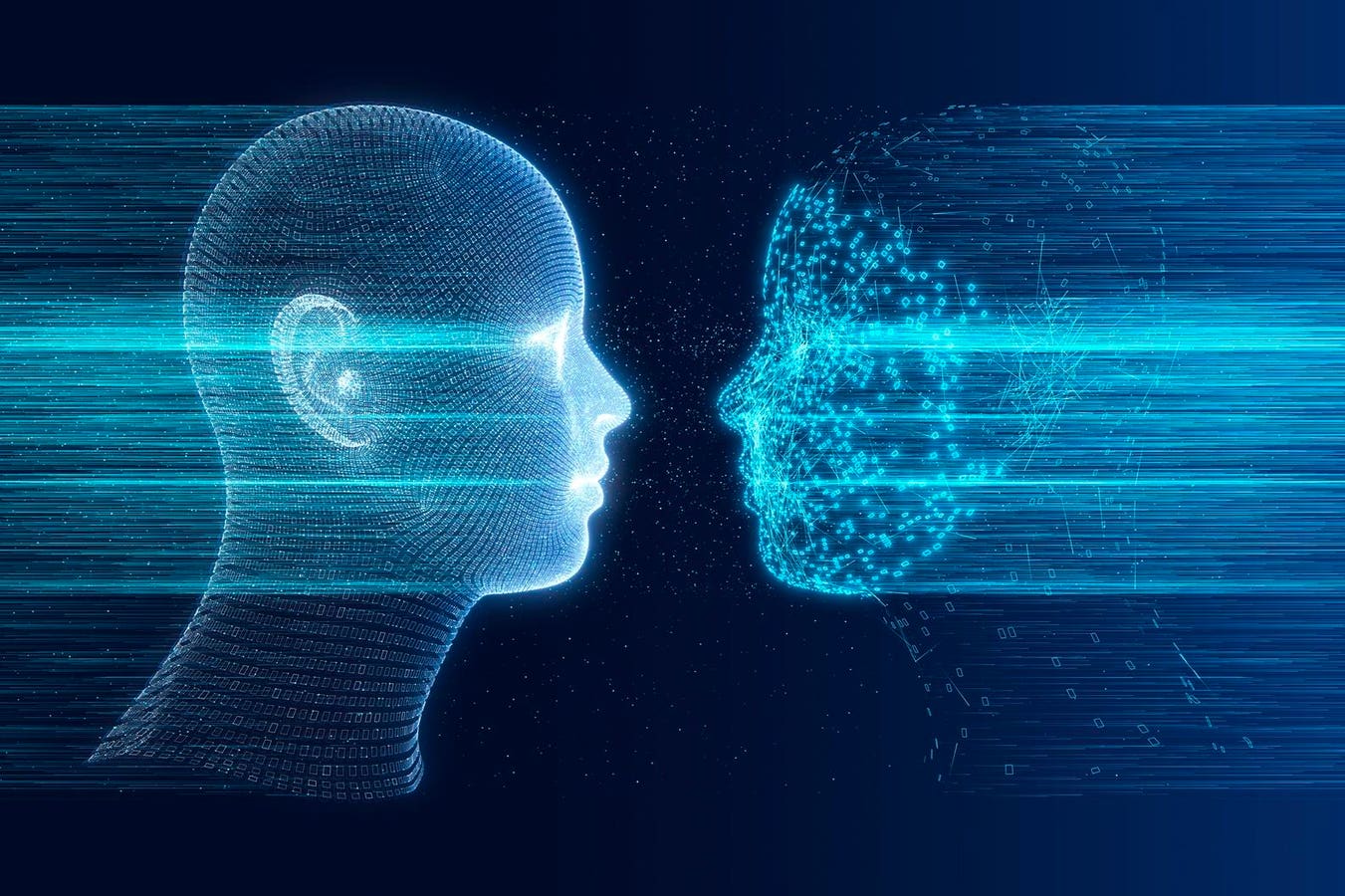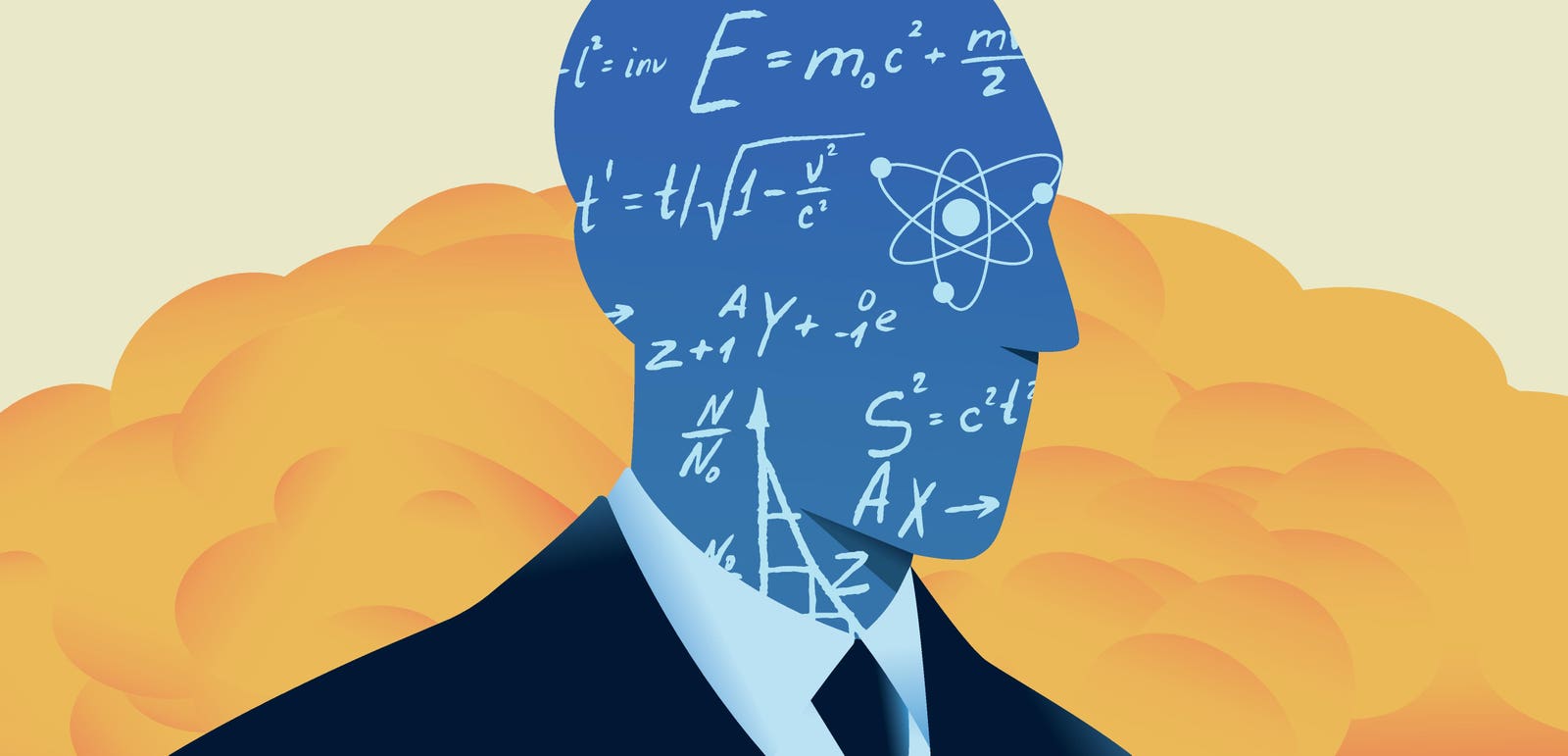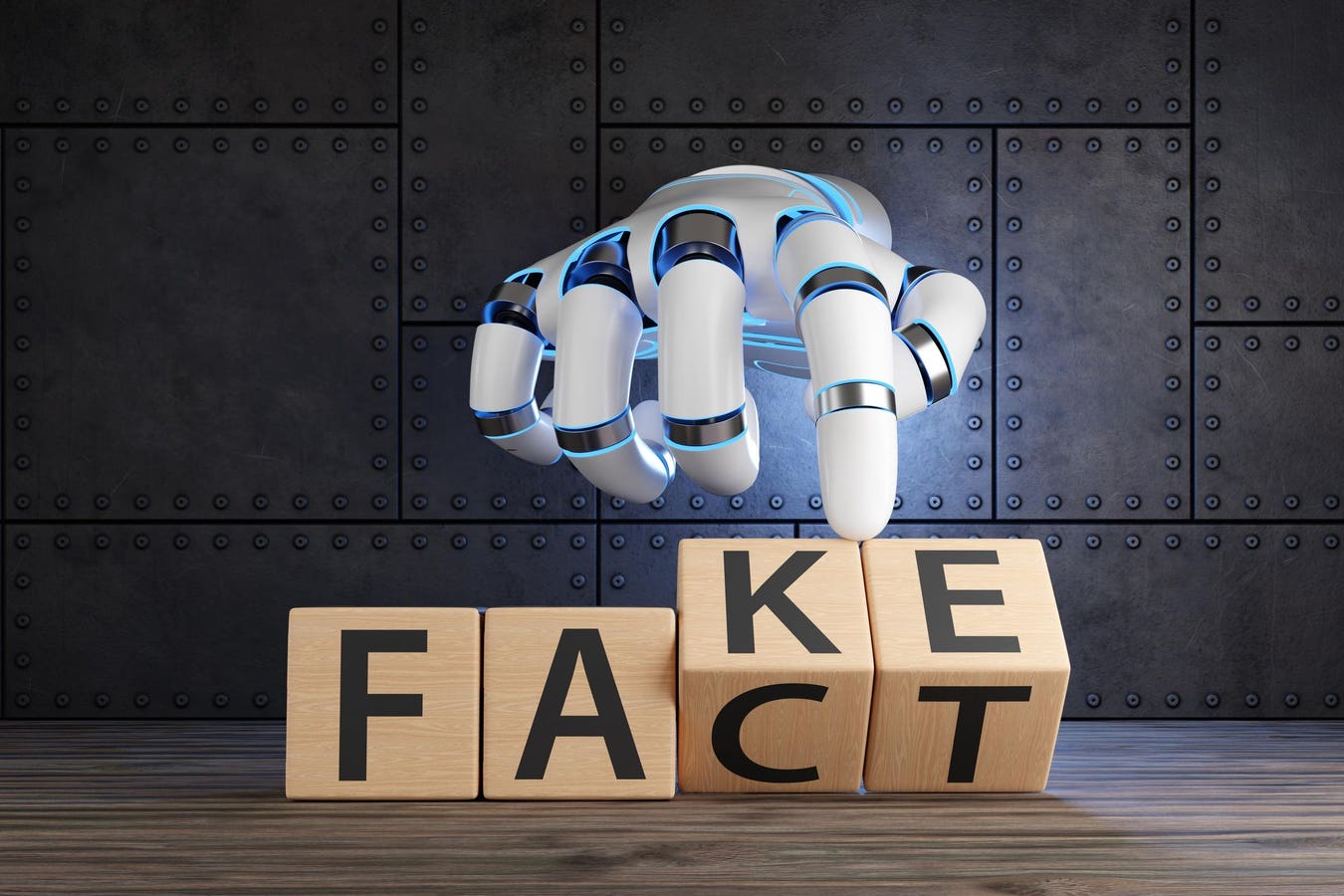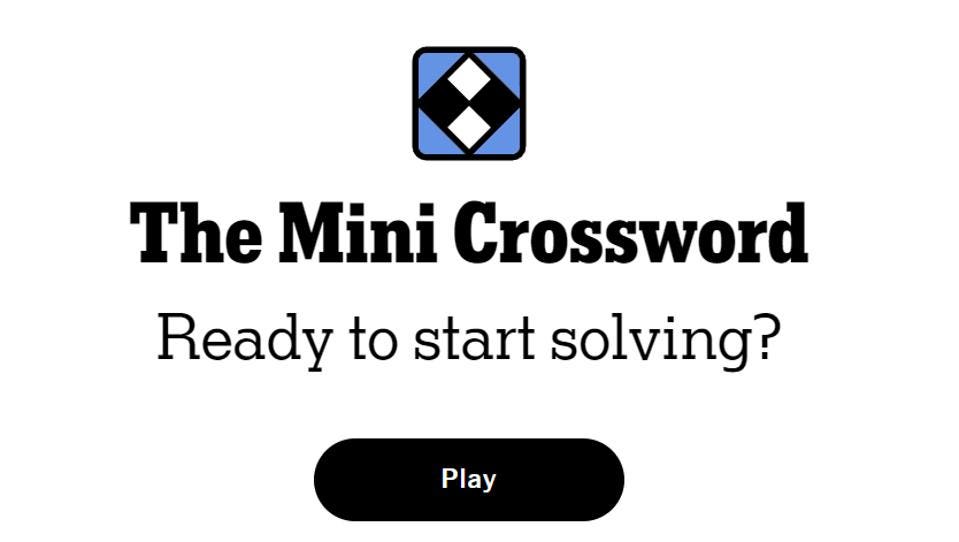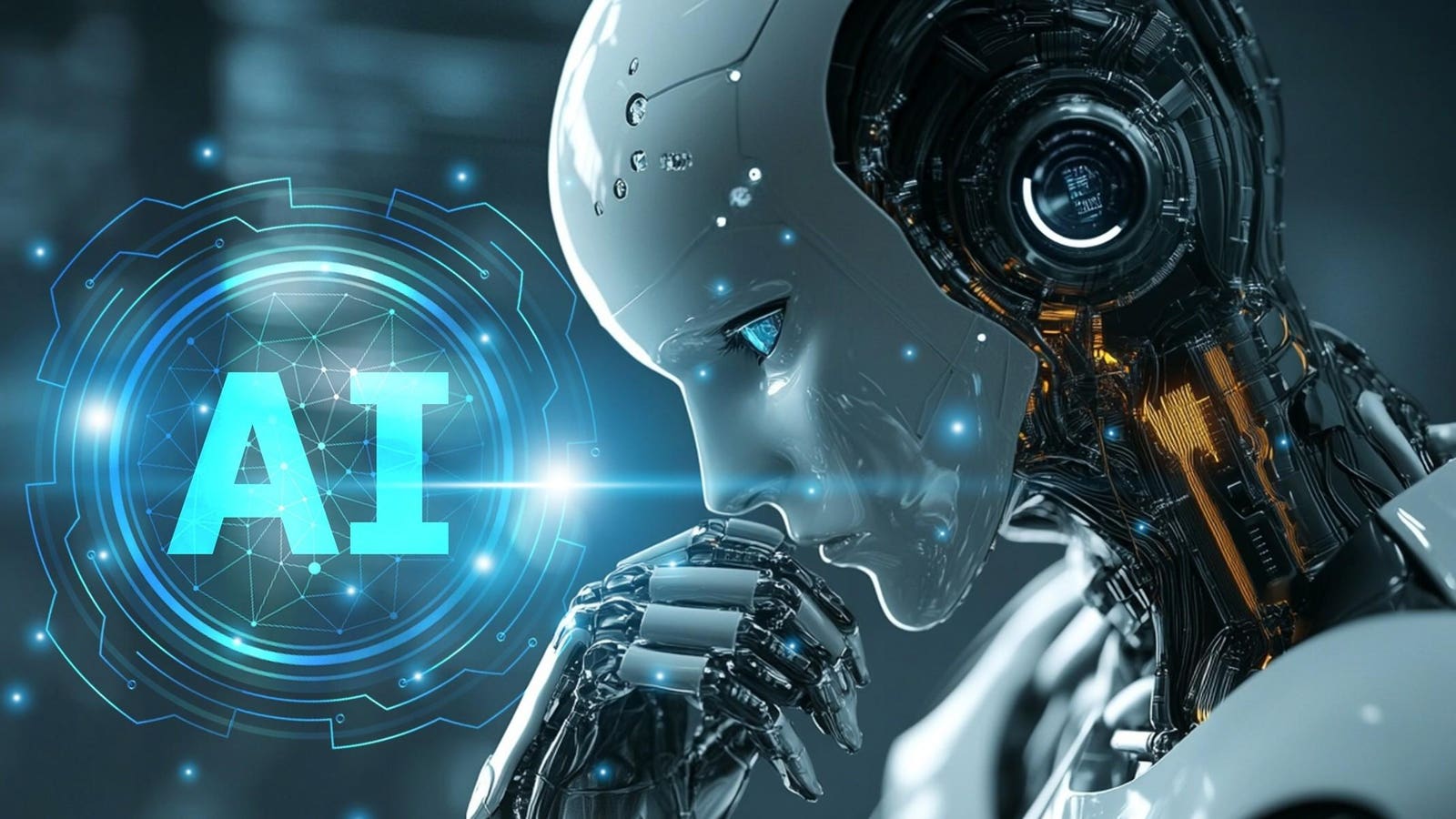Syed Ahmed is SVP of Engineering at Act-On Software, a leading marketing automation platform.
As AI integrates more within our lives, the chance of humanity reaching the condition known as singularity increases.
Defined by the Encyclopedia Britannica as the “theoretical condition that could arrive in the near future when a synthesis of several powerful new technologies will radically change the realities in which we find ourselves in an unpredictable manner,” singularity has been interpreted in a number of ways. For some, singularity has been described as a hypothetical point where artificial intelligence surpasses human intelligence and becomes self-improving.
AI is everywhere, from augmenting a Google search to powering suggestions for your next vacation in your favorite travel app. It’s hard to avoid using AI in our day-to-day lives. As its role in the home and workplace increases in scale, I have to wonder: How could singularity change things?
What Do Thought Leaders Think Of Singularity
Singularity has its controversies. When talking to experts in AI, James Cameron (writer and director of the first two Terminator movies) pointed out, “They also say it’s not going to turn into Skynet (the killer A.I. in the first few Terminator movies), but how do we know that?”
Discussing AI’s future in the medical field, Bill Gates noted, “It’s very profound and even a little bit scary—because it’s happening very quickly, and there is no upper bound.”
I feel any potential danger of singularity is not unlike the fears typically expressed for new technology. Even the printing press was considered controversial at the time! The rise of AI’s intelligence is something new, and that doesn’t have to be a bad thing.
What Does This Mean For Martech?
Ultimately, singularity will likely unfold in a more earnest method. Picture a world where AI has gained more intelligence than humans. How would martech, marketing technology, fit in that space? Free of the current limitations AI faces, imagine what it could do. If you think AI can do a lot now, that’s only the beginning of its true potential.
In a recent interview, Mark Zuckerberg theorized that a big leap in AI usage for ads is coming: “[T]here’s still the creative piece, which is basically businesses come to us, and they have a sense of what their message is or what their video is or their image, and that’s pretty hard to produce, and I think we’re pretty close.”
AI has changed martech, in particular with its powerful approach to analytics. I’ve seen how it can truly harness deep analyses of email behavior in order to tell if an email is a bot or not, provide more nuanced clues for whether a sales lead might convert and more. AI has made existing tools in martech grow more powerful and useful than ever before.
The Advent Of Neuromarketing
Another way future tech will influence martech as we approach singularity is through neuromarketing. We’re already at a point where wearable tech, such as glasses or watches, can track things like where you look, how your health is doing and more.
As AI continues to get smarter, I believe we’ll see AI assistants that will be much more emotionally adaptive than they are now. In just the past few years, I’ve noticed vast improvements in quality between ChatGPT 3.5 and GPT-4o. It can now generate emails from a mere smattering of prompts.
In a live demo with ChatGPT 4-o, OpenAI researcher Mark Chen gives a great example of how much more emotionally developed AI has become: “[I] asked [the app] for advice to help calm down. [I] then mock-hyperventilated into my phone, to which the app responded, ‘Mark! You’re not a vacuum cleaner.’”
The Future Of Marketing
When singularity occurs, marketing could evolve further to a form of post-human marketing industry where AI agents interact with AI chatbots to accomplish tasks that normally would have involved humans. Instead of having to call customer support to solve a billing problem, a user could send their personal AI assistant to query the AI chatbot to get the problem resolved.
Such future tech is not far away, so it would be wise to start developing apps now that better interface with both humans and AI to future-proof them. While this can present challenges like balancing our workloads between AI agents and employees, with careful preparation and testing, companies can better brace themselves for the future.
While evaluating the future of martech with AI and AI agents alike, I’ve realized there’s a lot to learn and a lot to look forward to. It’s only by researching the future that we can enhance the present.
Forbes Technology Council is an invitation-only community for world-class CIOs, CTOs and technology executives. Do I qualify?

